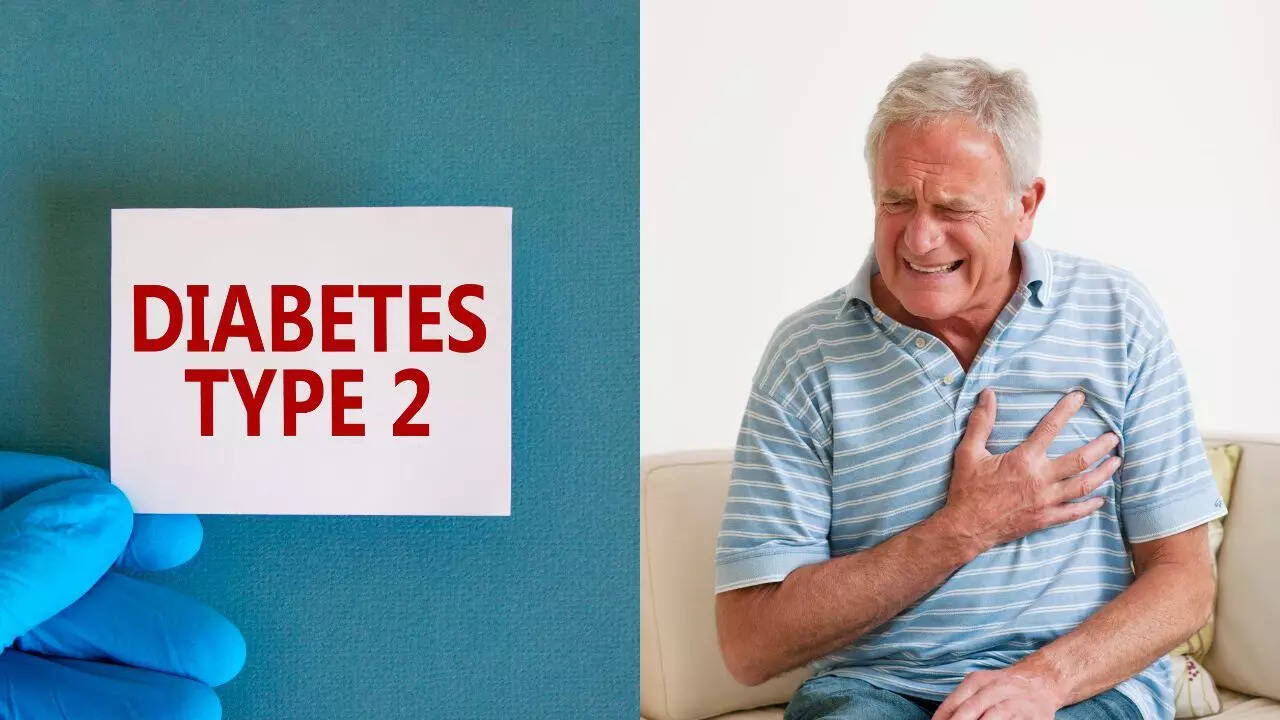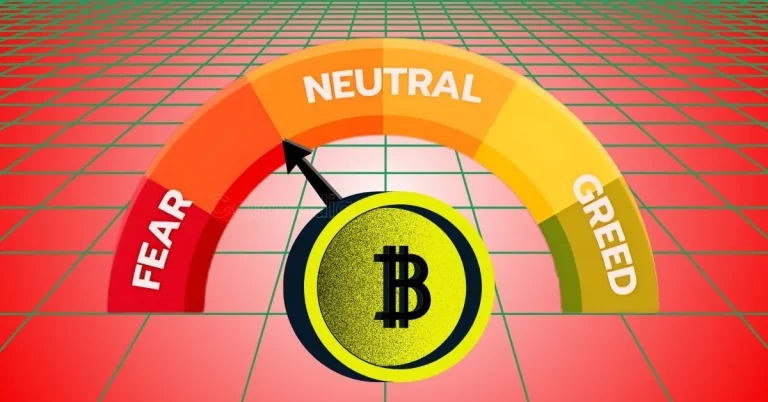
Silent heart attacks, often symptom-free, pose a significant risk for individuals with type 2 diabetes due to nerve damage that masks typical warning signs. Regular screenings, including EKGs and blood tests, are crucial for early detection. Managing blood sugar, blood pressure, and cholesterol, along with prompt medical attention for subtle symptoms, can help prevent complications and protect heart health. People with type 2 diabetes are at a higher risk of experiencing a silent heart attack, a cardiac event that shows few or no typical symptoms. Due to diabetic nerve damage, warning signs like chest pain or arm discomfort may be dulled or completely absent. Many people only discover heart damage during routine cardiac diagnostic tests such as EKG, echocardiogram, or blood tests that detect heart-specific proteins. Because silent heart attack symptoms can be subtle, like fatigue, lightheadedness, or shortness of breath regular screening is essential. Early detection helps manage complications, making it vital for diabetics to prioritize heart health monitoring. A silent heart attack occurs when blood flow to a part of the heart is blocked, damaging the heart muscle, but without the usual warning symptoms. People may feel a brief episode of fatigue, mild indigestion, or nothing at all. These subtle signs are easy to overlook, which is why many silent heart attacks are only discovered later during routine heart scans or tests.The connection between type 2 diabetes and silent heart attacks lies in diabetic neuropathy, a type of nerve damage caused by long-term high blood sugar levels. Neuropathy can affect the nerves that signal pain from the heart, meaning a person might not feel the chest pain typically associated with a heart attack. As a result, the attack may go completely unnoticed.Additionally, people with type 2 diabetes often have other conditions like high blood pressure, obesity, and high cholesterol, all of which increase the risk of heart disease and heart attacks, silent or otherwise.Being aware of the signs of nerve damage is crucial. Some symptoms to watch for include: Feeling dizzy when standing up Unexplained fatigue Trouble with urination Sexual dysfunction Abnormal sweating (either too much or too little) Digestive issues like bloating or nausea If you’re experiencing any of these alongside type 2 diabetes, it’s essential to discuss them with your doctor.Silent heart attacks are difficult to detect, but some mild symptoms might include: Mild chest pressure or discomfort Unexplained tiredness Cold sweats or clammy hands Pain in the jaw, neck, or left arm Heartburn or indigestion that doesn’t go away Shortness of breath without exertion These symptoms are often brief and may not return, which is why many people don’t seek help. Sometimes, the only way people learn they’ve had a silent heart attack is through medical testing…






